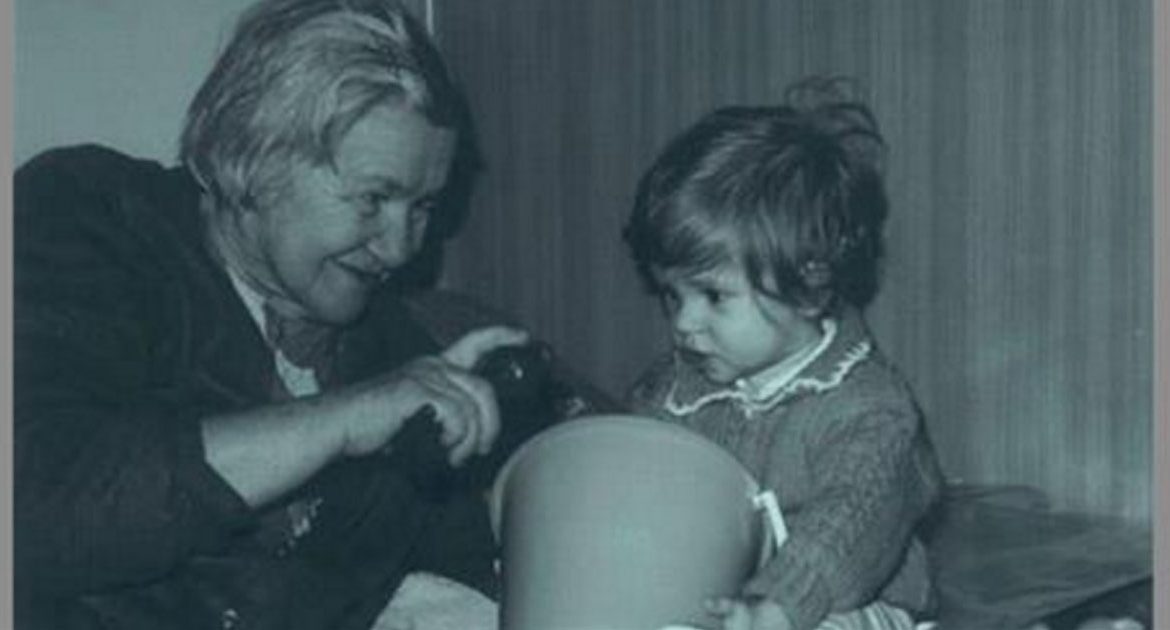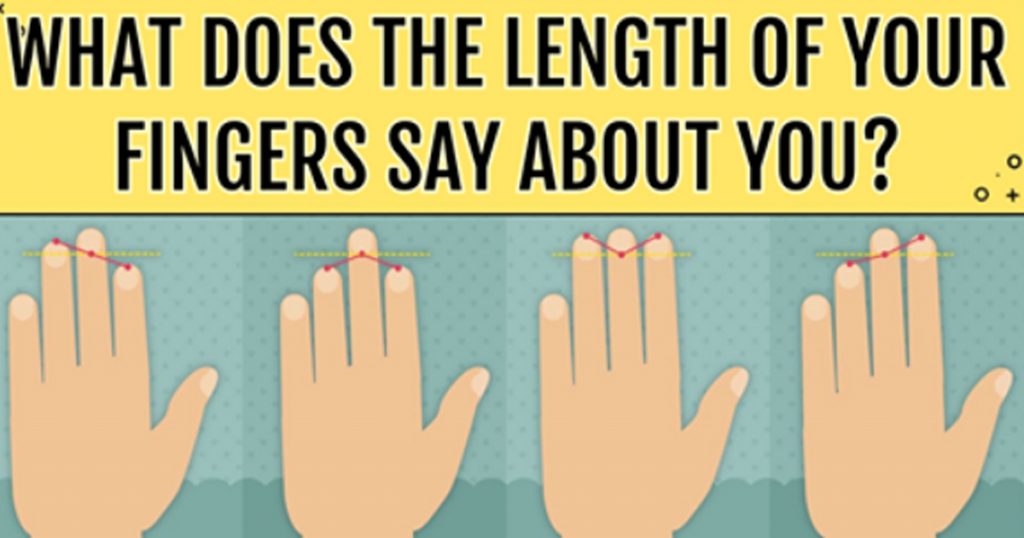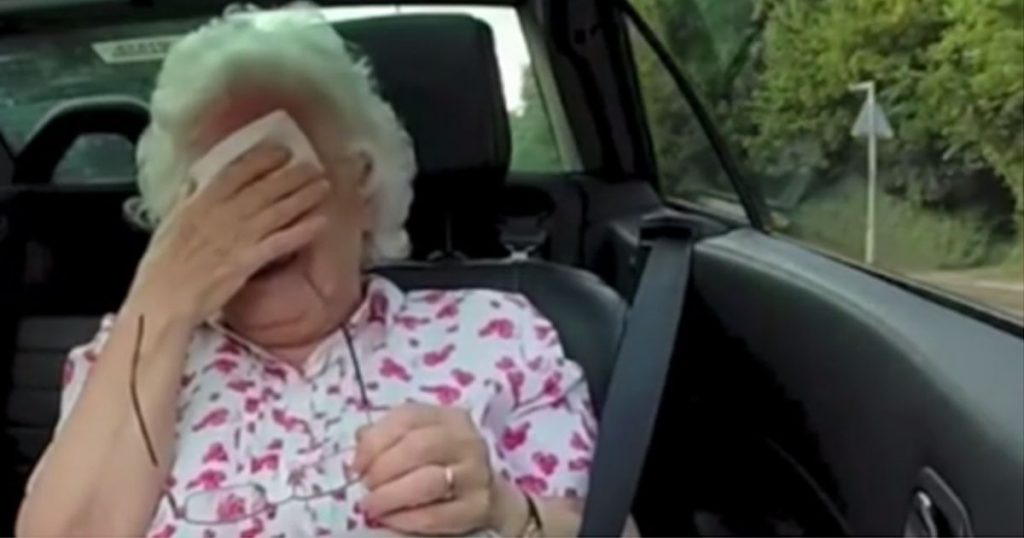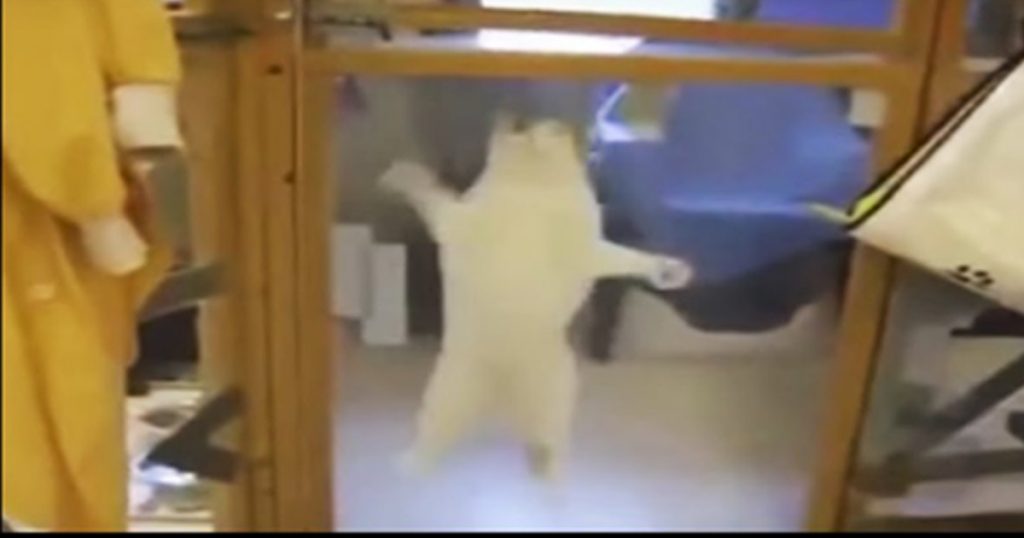Irena Sendler was born in Warsaw, Poland on February 15, 1910. As a child, her father taught her many lessons, but one would end up influencing her life more than all of the others and that was: always help those in need.
When Irena was only seven years old, her father died of typhus. Yet in the seven years she had with him, his influence on her life had been immense. As she got older, she found herself following in his footsteps. Since her father had been a doctor, Irena became a nurse at the Warsaw Department of Social Welfare which offered food and clothing to families in need. At the time, Europe was very anti-Semitic, but Irena — despite being a devout Catholic — refused to give in to prejudice and helped Jewish families in the same way she helped all others.
Shortly after World War II began in 1939, the Nazis created the Warsaw Ghetto, where Jewish families were interned. That’s when the horror began. Irena, alarmed by the Ghetto’s horrible living conditions, decided to get involved and joined the Zegota (Council for the Aid of Jews). As the situation worsened, she knew she had to do something, even if it meant risking her own life.
Along with collaborators, she began secretly to help Jewish children escape from the Ghetto, where they would otherwise surely die. Once outside they were given to foster families or orphanages. However, although her intentions were good, not all the Jewish mothers were willing to leave their children in the care of strangers. Of course they had no way of knowing that things would get even worse. Most of these families were ultimately taken to the death camps.

Because the Nazis had strong control of the Ghetto, Irena had to look for very creative ways to hide the children so they could escape. Most of the time they went out in ambulances with seriously ill patients who had to be moved to other hospitals, but as the surveillance was increased, she had to hide them in sacks, garbage bags, and even coffins. Of all these children, one named Elzunia stood out: Irena saved her by putting her in a wooden box in a shipment of bricks when she was only five months old. The only memento of her family left for this baby was a silver spoon that her mother had hidden in her clothes.

Irena managed to save more than 2,500 children from a cruel fate and kept a record of all of them. She hid these records in jars in her neighbor’s garden.
Her plan was going well until everything fell apart: the Nazis discovered what she was doing and stopped her. Irena was sent to prison where she was brutally tortured, but despite her intense pain and suffering, she endured it and refused to give up any information about the children’s whereabouts. Eventually, the Nazis gave up and condemned her to death. Destiny had other plans for her, however: the nurse’s supporters bribed a soldier who helped her to escape. From that point until her death many years later she lived with a false identity — but she never stopped helping others.

When the war ended, Irena unearthed the jars of records of all the children she had saved and handed it over to the Surviving Jews Rescue Committee. She later married, had three children, and lived a good life, knowing that she had done the right thing. «The reason I rescued the children has its origin in my home, in my childhood. I was educated in the belief that a helpless person should be helped from the heart, without looking at his religion or nationality,» Irena said.
Irena was nominated for the 2007 Nobel Peace Prize and one year later, after working so hard to help others all her life, she died at the age of 98. The legacy she left behind was astounding — Irena had risked her own life to rescue 2,500 children who would almost certainly have been murdered in camps otherwise. This nurse with a golden heart should never be forgotten: people like her are so necessary, both for the good they do and the example they provide. It’s possible to be brave and take even huge risks to stand up for what’s right and help the vulnerable!







